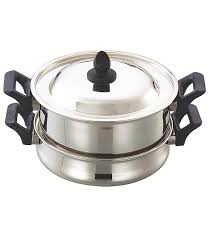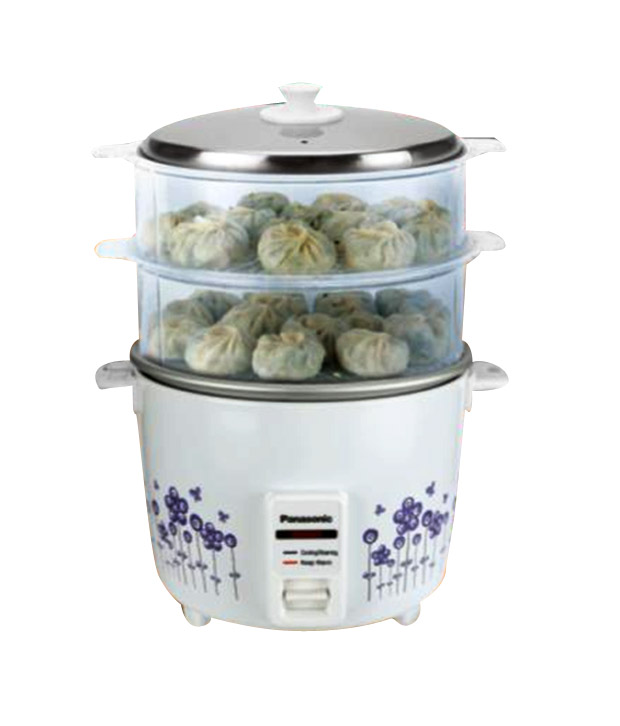I sometimes try using Homemade batter for making idlis and dosas as I live in the perfect temperate climate which is required for fermenting the batter properly and wish to cut down on the preservatives which are found in ready to use batter packets.
Usually it comes nice and fluffy, sometimes a little hard due to more urad in it. But this time when I thought the batter was all perfect, my idlis totally disappointed me. In the steamer it looked as if it had cooked perfectly although it did not rise much, but to my disbelief when I removed it from the steamer's plate, and opened it up it was uncooked inside.
Can anyone suggest what am I doing wrong here? I ferment the batter overnight. Is it less? Will it not become rotten if I keep it outside for 24 hours? I know its like a rocket science which either one gets it or not, but I am looking for a desi method here which will not disappoint me everytime!
P.S. I just realised that I also changed my steaming process. Do you think that could have changed something?
Earlier I was using a pot like this over the flame:

Now I use an electric steamer and keep the idli plate in the steamer section, something like this:

